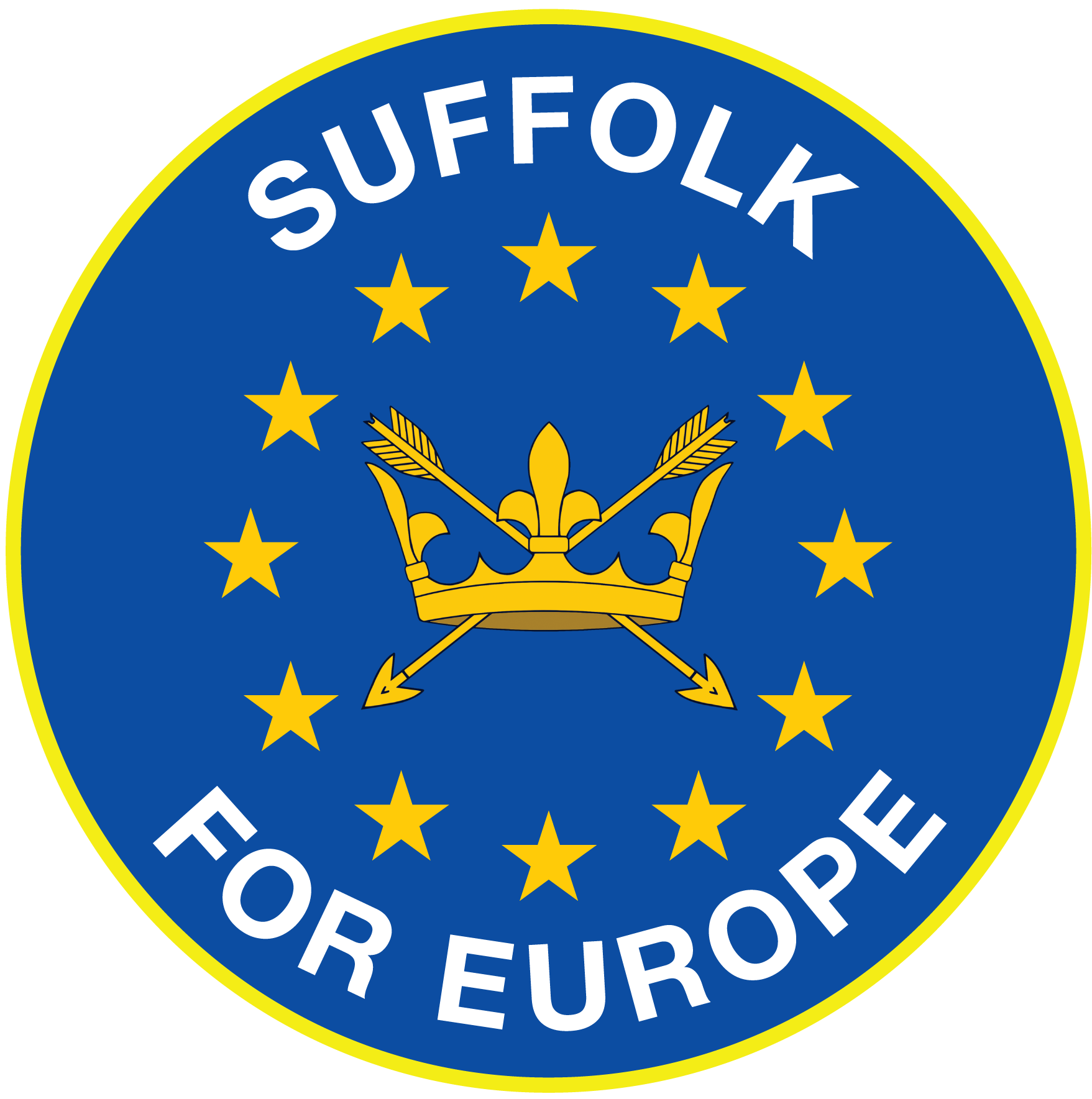Five years after the vote to leave the EU the damage being done to the UK is becoming clearer every day, and not even the impact of the global Covid-19 pandemic can hide it anymore.
From cheesemakers in Cheshire to local Essex shellfish farmers, food producers have seen sales to their biggest export market plummet due to Brexit red tape. Musicians and other service sector workers have discovered that the loss of Freedom of Movement increases the costs and causes delays to working in the EU. EU citizens, like former Ipswich mayor, Inga Lockington, have had to apply for permission by the end of June to keep living in their home via the Settled Status scheme or going through the costly application for citizenship. This despite the fact some have lived here for decades, with children and grandchildren who have grown up in this country. Wherever you look, the damage is being felt across the UK.
The fishing industry was the first sector to find out that the Vote Leave Government had sold them out, but will be far from the last. More recently farmers learned that the one-sided trade deal with Australia, agreed by Liz Truss and a UK Government desperate for a trade deal at any price, will allow imported meat produced below UK food safety, animal welfare and environmental standards to undercut their own high-quality produce, and the Government is clear that it is the template future deals will follow.
Young people in particular have been betrayed by Brexit. Additional visas to work on Australian farms for three years are scant compensation for the loss of Freedom of Movement, the right to live, study and work in thirty countries across Europe, while the Turing scheme is a pale imitation of the Erasmus+ programme it is replacing.
The EU is and always has been at heart a peace project, and of all the problems caused by Brexit, the most worrying is its destabilising and polarising impact in Northern Ireland.
The Northern Ireland Protocol is the only viable option to reconcile peace in Northern Ireland with the Johnson government’s hard Brexit, yet the Johnson government unilaterally extended grace periods and failed to put in place the port infrastructure and data transfer systems they promised, all accompanied by a belligerent rhetoric that makes compromise harder to achieve and fuels sectarian tensions.
If the UK Government really wants the EU to “be pragmatic” then they should start by living up to the commitments they made. By doing that they will create the conditions where EU leaders feel they can trust the UK Government again.
But there is another step that would go a very long way towards ending all difficulties for NI-GB trade, which is for the UK to align with EU food and farming standards. Such alignment would remove the need for more than 80% of the checks required for goods travelling from Great Britain to Northern Ireland, but it also has wider benefits for the UK as a whole.
Alignment with EU standards would help with many of the other problems caused by Brexit, making it easier for food producers to trade with their most important export market, and ensuring that UK farmers are not undercut by food imports that don’t meet our high standards. Alignment would also ensure that our food and environmental standards stay high, which backed by nine out of ten of those polled, has unprecedented support from the UK public.
A frequent objection to such alignment has been that it would rule out a trade deal with the USA, but the Biden administration has officially stated that if the UK aligns with EU food and farming standards this will not harm the prospect of a US-UK trade deal.
Anna Damski, Chair of Suffolk for Europe, comments:
“Five years on from the referendum it’s clear that Brexit is far from done. A YouGov poll published this week showed four times as many people think that Brexit is going very badly as think that it’s going very well, and that’s despite the Covid-pandemic masking some harm and before the all the grace periods end and the Brexit barriers to trade and movement kick in fully.
It may be many years before the UK can rejoin the EU, but in the meantime, there is a lot we can and must do to build a better and closer relationship. The Johnson Government is wrong to position the UK as a hostile rival to the EU, however tempting it is for domestic political reasons. The UK needs to work closely together with the EU to meet the key challenges of this century, whether that is taking action to prevent the looming climate disaster, or ensuring that global corporations pay their fair share of tax where they make their profits, or standing up for democracy, human rights and the rule of law around the world.
Populism and nationalism offer a bleak future, which is why Suffolk for Europe will continue to fight for the values of respect for human dignity and human rights, freedom, democracy, equality and the rule of law that the European Union embodies.”
Ends
Contact: Anna Damski
Chair, Suffolk for Europe
Email: suffolkeu@gmail.com
About Suffolk for Europe
Suffolk for Europe is a branch of the European Movement UK.
Suffolk for Europe seeks to promote awareness of the values of the European Union and the benefits of membership, and campaigns for the UK to have the closest possible relationship with the EU. We hope that in the future the UK will re-join the EU, and work towards that aim.
Website: https://suffolkforeurope.org
Facebook: https://www.facebook.com/SuffolkforEurope
Twitter: https://twitter.com/SuffEUAlliance
